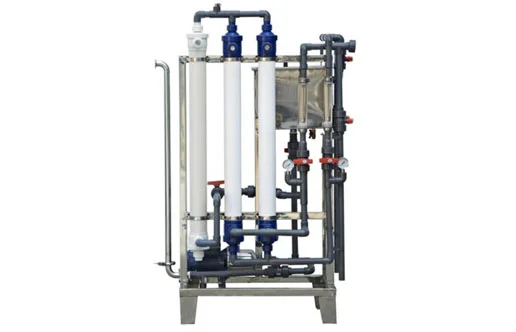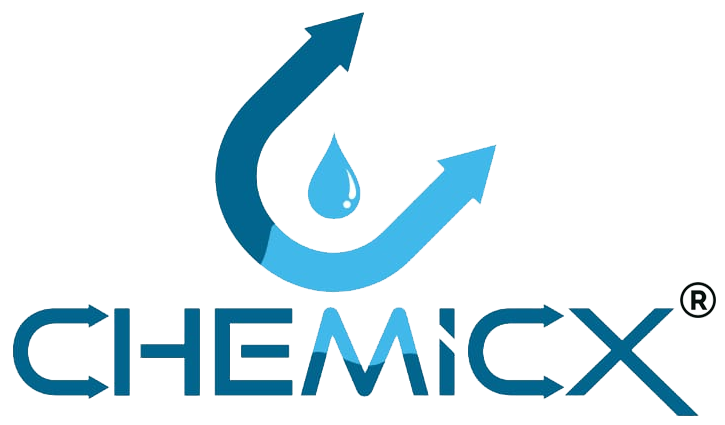
ULTRA FILTRATION PLANT
An advanced water purification system that uses membrane technology to remove suspended particles, bacteria, and impurities for safe and clean water.
In Wastewater Treatment, Ultrafiltration (UF) Devices Are Used To Recycle And Reuse Water That Contains Virtually No Physical Solids. Ultrafiltration Definition, Applications And Industries Using These Process Units Are Covered Below. Ultrafiltration (UF) Is A Variety Of Membrane Filtration In Which Forces Like Pressure Or Concentration Gradients Lead To A Separation Through A Semipermeable Membrane. Suspended Solids And Solutes Of High Molecular Weight Are Retained In The So-Called Retentate, While Water And Low Molecular Weight Solutes Pass Through The Membrane In The Permeate. The Ultra Filtration (UF) Plant is a cutting-edge water treatment system that utilizes semi-permeable membrane technology to effectively remove suspended solids, bacteria, viruses, and other harmful contaminants from water. Operating under low pressure, UF plants offer a chemical-free filtration process, ensuring high-quality, purified water suitable for drinking, industrial processes, or commercial applications. Unlike traditional filtration systems, UF membranes have a pore size of around 0.01 microns, allowing only clean water and dissolved salts to pass through while blocking impurities. These systems are energy-efficient, easy to maintain, and scalable based on demand, making them an ideal solution for residential societies, industries, institutions, and rural water purification needs.
All Products
- DOMESTIC WATER SOFTENER
- COMMERCIAL RO PLANT
- INDUSTRIAL RO PLANT
- BOTTLING PLANT
- CHILLER PLANT
- COMMERCIAL WATER SOFTENER
- SAND FILTER
- EFFULENT TREATMENT PLANT (ETP)
- SEWAGE TREATMENT PLANT (STP)
- ACTIVATED CARBON FILTER
- ZERO LIQUID DISCHARGE SYSTEM
- ULTRA FILTRATION PLANT
- DE-MINERALIZED (DM) PLANT
- DOMESTIC RO
- DOSING SYSTEM
- IRON REMOVER
- MULTIGRADE FILTER
- POUCH PACKING MACHINE
- PRESSURE PUMP
- SOFTENER SALT
- WATER COOLER
- WATER TREATMENT PLANT
- WATER ATM
- ELECTRO DE-IONIZATION (EDI)
- ULTRA VIOLET SYSTEM
- Media
- Activated Carbon
- Automatic Multiport Valve
- Ion Exchange Resin
- Anion & Cation Resin
- Super Charge Resin
- Float Switch
- Air Release Value
- Distribution System
- Pressure Gauge
- Dosing Pump
- RO Membrane
- Cartridge Filter
- Ultrafiltration Membrane
- Rotameter
- FRP Filter Vessel
- Multi-Port Valve
- RO Pressure Vessel
- UV Disinfectant System
- RO Panel
- R.O. Antiscalant Chemical
- Cooling Water Chemical
- Boiler Water Chemical
- Chiller Water Chemical
- Membrane Cleaner Chemical
- Media Cleaner Chemicals
- Polyelectrolytes (Poly)
- Industrial Water Softener

